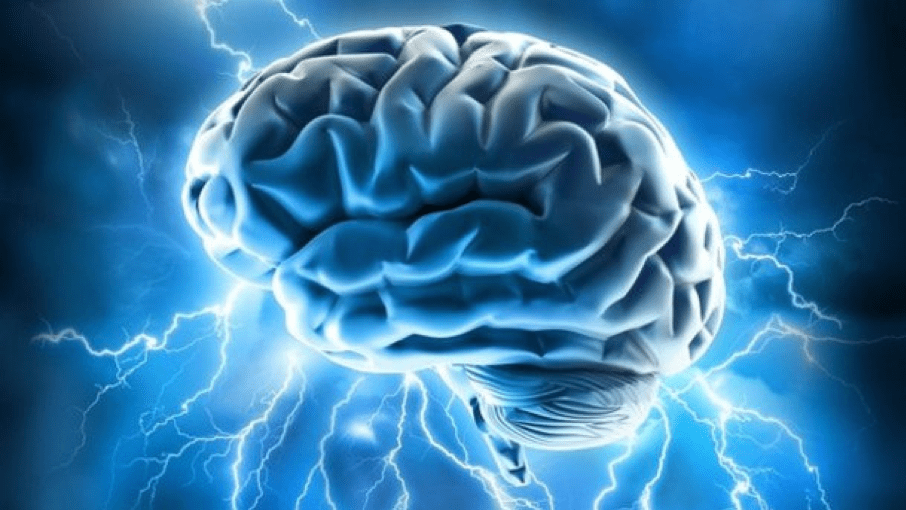
CBD and Brain Health
Some say CBD is a modern day “snake oil”, as its wide range of uses and high popularity suggest.As countless positive experiences with CBD are surfacing online every day, some may wonder just how powerful CBD is, and understandably, if it really does carry the amazing health benefits it is so well known for. In regard to CBD and brain health, despite a more complex relationship, CBD is scientifically proven to carry an array of benefits.
By targeting special neurons in the brain responsible for many basic functions, CBD has been observed by researchers to carry significant effects on brain health, which includes:
- Antioxidative properties
- Neuroprotectant properties
- Antidepressant properties
- The ability to manage psychiatric disorders
- The ability to regenerate gray matter in the hippocampus
CBD – How it Works

Unlike its high-inducing counterpart THC, cannabidiol carries no psychoactive effects. Not just that, studies have suggested that CBD carries little to no side effects, either. So, the question of the day is – how doesCBD work?
All of CBD’s benefits can be attributed to what is known as the endocannabinoidsystem. Better known as the ECS, this complex nerve system is believed to be responsible for all communication between the brain and body. Through a series of tiny nerves and neurological receptors that are connected to one another throughout the brain and body, our brains are able to send “messages” to other parts of our bodies using various proteins and enzymes.
The Significance of CBD and Brain Function
Protein and enzyme messages within the ECS help to regulate our nervous systems, internal thermostats, healing functions, adaptive functions, and much, much more. What is particularly special about CBD is its ability to target these message-sending pathways specifically. Simply put, CBD tends to target the path between the receptors in the ECS, thus promoting healthier passage of the proteins and enzyme “messages” by which our brain is able to communicate with the body.
CBD and Brain Health

CBD is not always used as a means to manage severe health-related symptoms such as seizures and psychiatric disorders. When taken as a general health supplement, say, like a simple vitamin, CBD alone is proven to carry a wider range of functions than many vitamins and minerals can when combined. For example, CBD is scientifically proven to be a powerful antioxidant– stronger than both vitamin E and C.
CBD As a Neuroprotective Agent
These properties can be especially beneficial to brain health, as well as CBD’s ability to assist in deeper sleep (which is essential to brain cell regeneration), and CBD’s ability to act as a neuroprotectant. In acting as a neuroprotectant, CBD has been proven to relieve the oxidative stress of neurons throughout the brain and body. This function also reduces toxicity levels within the endocannabinoid system as a whole.
In addition, it has been observed that CBD regenerates exacerbated cells in areas of the body that have experienced trauma. Through this process, CBD shows great promise in aiding a wide range of brain-related illnesses and disorders, including depression and anxiety, PTSD, and general function.
A Significant Study on CBD and Gray Matter

Firstly, what exactly is gray matter and what does it do? According to an article on meditation published by Harvard University:
“The cell bodies of the gray matter release chemical or electrical signals in response to the electrical impulses of the nervous system, while white matter forms connections between the cells, allowing communication between different brain regions. This communication between the gray and white matter in the brain is what constitutes thinking.”
Naturally, researchers at the Central Institute of MentalHealth in Germany were curious about CBD’s effect on gray matter and the hippocampus (the part of the brain that regulates emotion). In their study, researchers confirmed that THC – the high-inducing compound in marijuana – did in fact reduce gray matter volume in the hippocampus due to its psychoactive effects.
In contrast, tests conducted with CBD suggested the occurrence of a neurogenesis function on the hippocampus. This means that CBD had the opposite effect as THC, and that CBD reacted positively with gray matter concentration. Thus, the presence of CBD encouraged hippocampus function and reduced the more negative effects of THC within the brain.
Conclusion
As CBD is known to target specific pathways within the body and encourage the healthy passing of biological messages, it’s understandable that CBD’s uses could greatly benefit brain health. Through scientific study as well as benefits cited by millions of CBD users worldwide, CBD shows promising effects on both brain function and the endocannabinoid system in its entirety.
Written by the team at CBD Education Online
- https://www.ncbi.nlm.nih.gov/pmc/articles/PMC5938896/
- https://www.ncbi.nlm.nih.gov/pubmed/18679164
- https://www.ncbi.nlm.nih.gov/pmc/articles/PMC5441138/
- https://www.ncbi.nlm.nih.gov/pmc/articles/PMC20965/
- https://www.ncbi.nlm.nih.gov/pubmed/29885468
- https://www.sciencedirect.com/science/article/pii/S0376871610003364
- https://www.ingentaconnect.com/content/ben/cds/2011/00000006/00000004/art00005






4 Comments
Hannah
I really love this article! Thanks for sharing 🙂
tiffany
Thank you for reading!
Ashton
Looking to try CBD? Purest Purpose is dedicated to bringing those looking for anxiety and pain relief, or simply a better sleep aid, a more consistent and tested CBD oil. https://purestpurposeorganics.com/
tiffany
Thank you! Contact me please at admin@sweethoneybeehealth.com